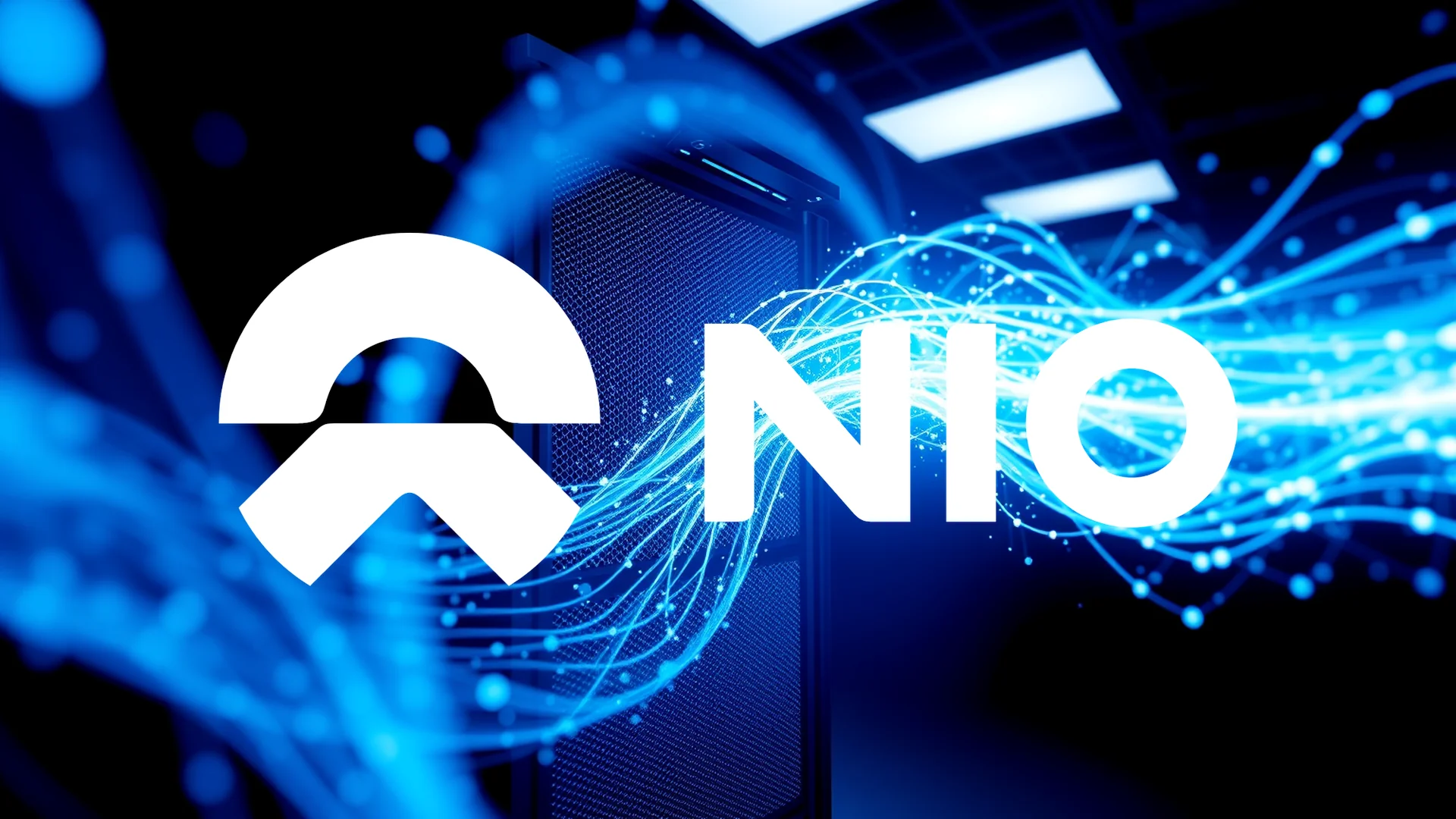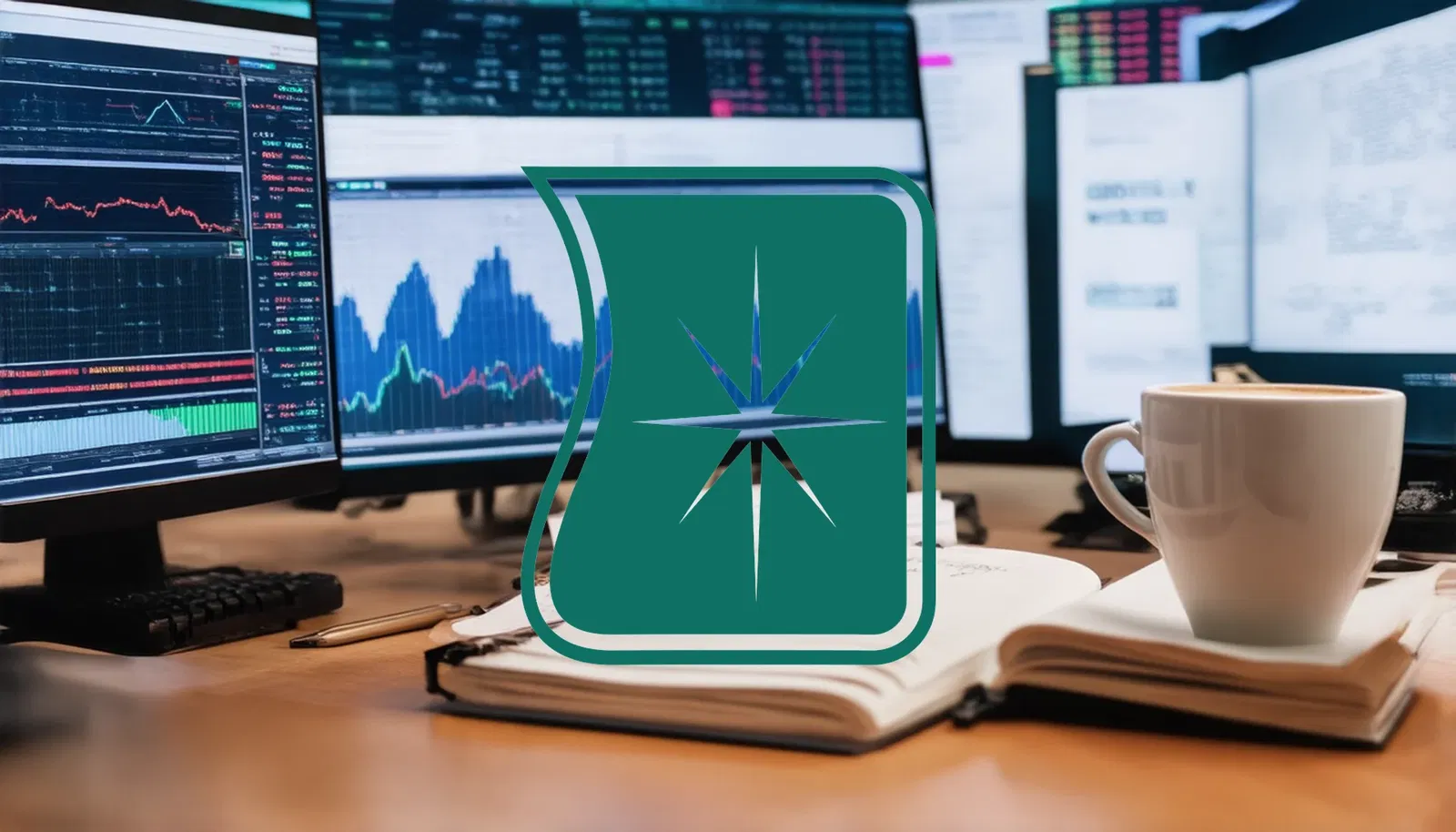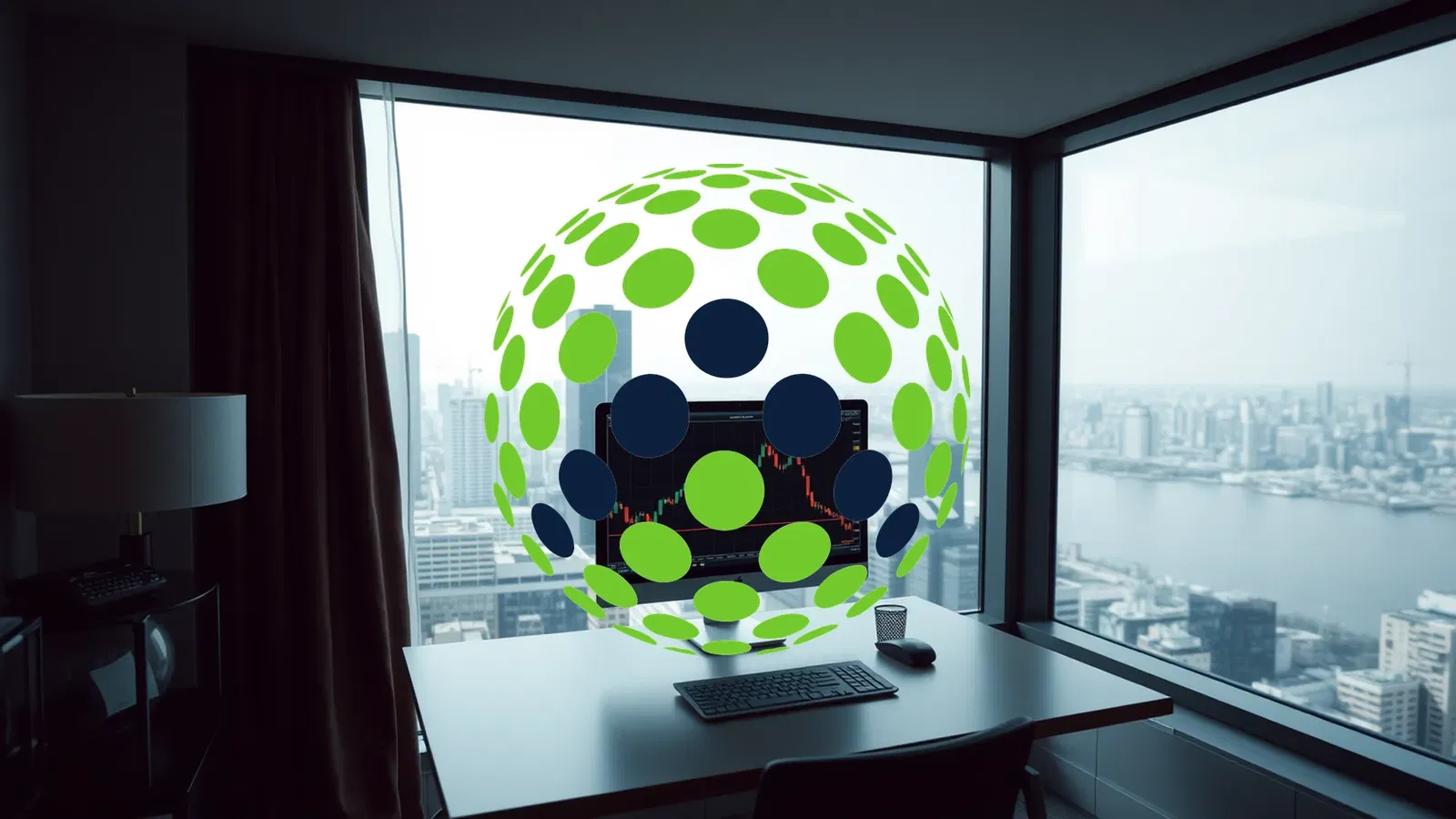Nio finds itself in a paradoxical situation where unprecedented commercial success is triggering investor concern. The Chinese electric vehicle maker’s newly launched third-generation ES8 SUV has achieved a remarkable feat, with its entire planned production run for 2025 completely sold out. Despite this sales triumph, the company’s shares have experienced downward pressure as the market scrutinizes the underlying implications.
Overwhelming Demand Creates Significant Delivery Delays
The enthusiasm generated at Nio Day 2025 in Hangzhou, where the revamped ES8 SUV and the premium ET9 Horizon Edition sedan were unveiled, has been tempered by practical logistics. New orders for the ES8 now face an extensive waiting period of 24 to 26 weeks, pushing estimated delivery dates into March of the following year. These extreme lead times have raised red flags for investors, who appear concerned that Nio may lack the operational capacity to capitalize fully on the strong market interest. The stock’s decline highlights a fundamental market anxiety: the company’s production limitations could prevent it from translating high demand into financial performance.
Strategic Capital Raise Positions Company for Growth
Amid these operational challenges, Nio has taken a significant step to bolster its financial standing. On September 17, 2025, the company successfully concluded a capital increase, raising $1.16 billion. This substantial injection of funds is earmarked for key strategic initiatives:
Should investors sell immediately? Or is it worth buying Nio?
- Advancing research and development in smart EV technologies
- Creating next-generation vehicle platforms
- Expanding the battery swapping and general charging infrastructure
- Strengthening the company’s overall balance sheet
This fundraising effort was completed just before the recent stock market volatility, providing the company with a crucial financial buffer.
Supportive Government Policy Provides a Favorable Backdrop
A significant positive factor for Nio and the broader NEV sector is the continued support from Chinese policymakers. Contrary to some market speculation, the government has extended tax incentives for electric vehicle purchases through the end of 2027. Buyers in 2024 and 2025 will continue to benefit from a full exemption from the purchase tax, saving up to 30,000 yuan per vehicle. This support will be partially maintained in 2026 and 2027 with a 50% reduction in the tax levy.
The current scenario presents a classic investment dilemma for Nio. The company is grappling with the challenge of scaling its production capabilities to meet explosive demand. Whether this supply-demand imbalance represents a temporary setback and a potential buying opportunity or signals the beginning of a more sustained period of difficulty will depend entirely on Nio’s ability to resolve its manufacturing constraints.
Ad
Nio Stock: Buy or Sell?! New Nio Analysis from February 7 delivers the answer:
The latest Nio figures speak for themselves: Urgent action needed for Nio investors. Is it worth buying or should you sell? Find out what to do now in the current free analysis from February 7.
Nio: Buy or sell? Read more here...









